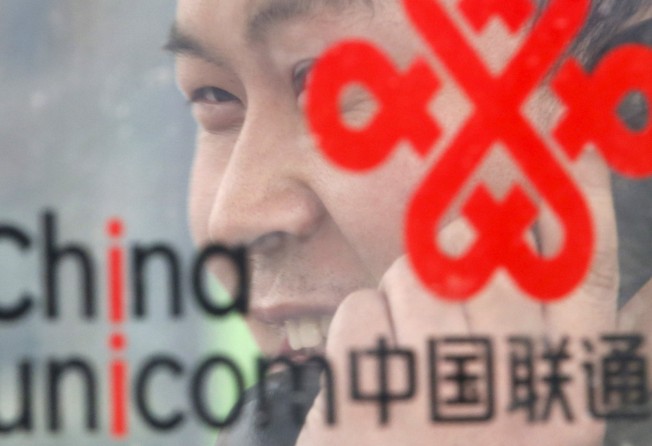China Tower Corp listing looks on track, says Unicom chief

China Tower Corp, the state-backed telecommunications infrastructure-sharing joint venture, looks on track for its initial public offering between the last quarter of this year and the first half of 2018, according to a senior industry executive.
China Unicom chairman and chief executive Wang Xiaochu said the Tower Corp listing will not be affected by Unicom’s participation in the central government’s so-called mixed-ownership reform programme, following the Hong Kong-listed telecommunications network operator’s annual general meeting on Wednesday.
The joint venture was established by China Mobile, Unicom and China Telecom in July 2014 to be responsible for all the construction, maintenance and operations of their telecommunications network towers and auxiliary infrastructure across the mainland.
Unicom’s parent, China United Network Communications, is one of eight state-owned enterprises in that ambitious pilot programme, which aims to inject private-sector capital and expertise into these companies to improve their efficiency and become more market-driven.
“We expect Unicom to benefit a great deal from the Tower Corp’s IPO because of its stake in this company and the growth it will help spur when China rolls out advanced 5G mobile services,” Jefferies equity analyst Edison Lee said.
Unicom holds a 28.1 per cent stake in Tower Corp, while China Telecom has 27.9 per cent and China Mobile 38 per cent. State asset-management firm China Reform Holding owns a 6 per cent interest.
At the annual shareholders meeting of parent China United Network on Tuesday, Wang said that Unicom, the world’s sixth largest mobile network operator by subscribers, plans a partial launch of 5G network services in 2019 and large-scale deployment in 2020.
He also revealed that the mixed-ownership reform programme was a complicated process because 10 ministries were involved. That would include sorting out Unicom’s cooperation with the State Administration of Press, Publication, Radio, Film and Television, he added.
“For the first time, Unicom has officially confirmed market speculation that [the administration] would be in the picture for its mixed-ownership reform,” Lee said.
Under the government reform initiative, parent China United Network will issue a number of new and existing A shares to strategic investors.
The proceeds raised will be used by Unicom, which had 266.3 million mobile subscribers as of March 31, to further develop its infrastructure and push forward new businesses in areas that include a range of online initiatives, such as cloud computing and the internet of things, according to Wang.
He declined to comment on speculation that Unicom’s new private investors could include Baidu, Tencent Holdings or e-commerce giant Alibaba Group, which owns the South China Morning Post.
On bidding for new mobile spectrum in Hong Kong, Wang said Unicom is not ruling out the possibility of participating at such an auction in the city.